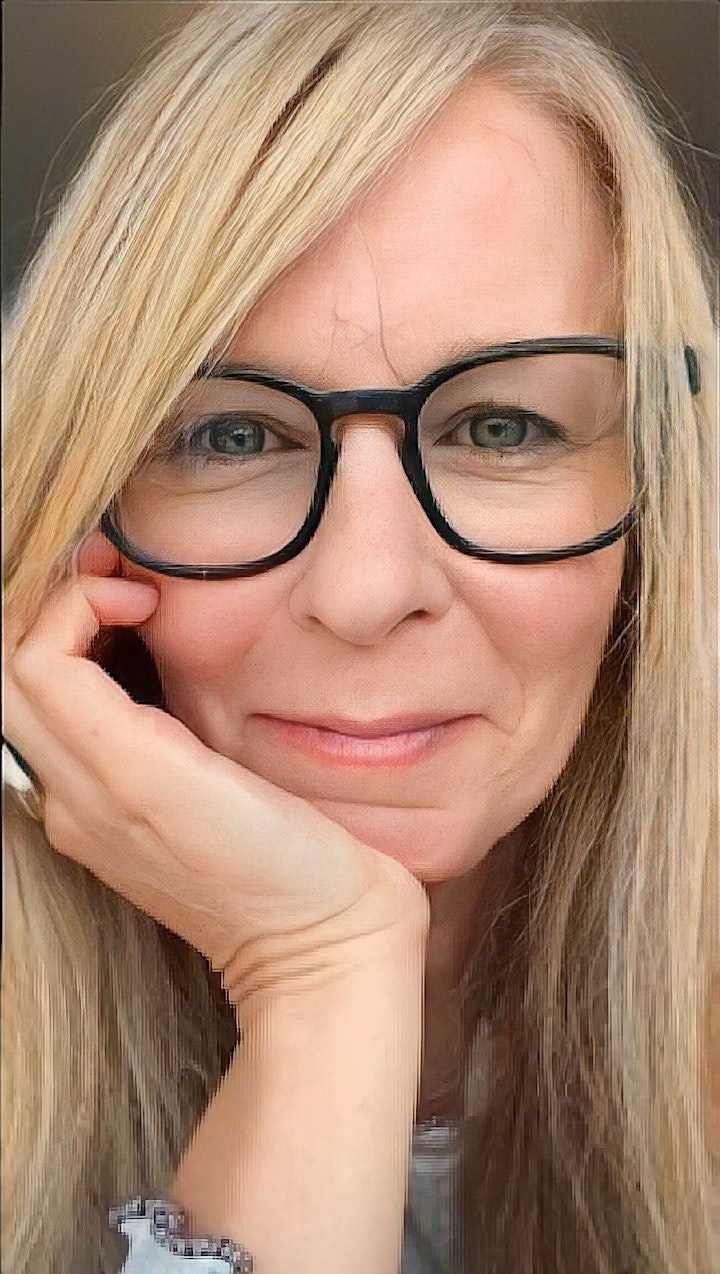This year, in collaboration with Fiona Gregory, we are launching an exciting series of person-centred events related to working with trauma (Scroll down to read more about upcoming events in this conference series) ⬇️
Shame is potentially everywhere – lurking implicitly in the shadows of human relationships and our being, rather than being explicitly known.
In my work I have noticed how shame often gets misidentified, remains unnoticed, or sometimes is subsumed into the concept of trauma. It is often ignored altogether in conversations about ‘trauma-informed practice’.
In this way, and by its very nature, shame is kept hidden and secret. Yet at the same time it is a powerful method of social and interpersonal control. The fear of shame can drive unhealthy behaviour and choices in constricting, limiting and often destructive ways. It is both linked to and separate from the experience of trauma, and itself can be a traumatic experience. To fully support our clients as best we can I believe therapists need to be able to recognise and understand shame for the powerful role it plays not only what we already recognise to be traumatic experiences, but in everyday life.
Researchers attending to shame agree that the way to free ourselves is to bring our shame into awareness – to make it explicit. Only through doing this in the presence of deeply empathic and accepting others does shame become bearable, less powerful than we fear. In this process of repair, we feel freer to make other more balanced and growthful choices.
Research also shows that the hidden (shameful!) nature of shame means it often looks and feels like something else and so stays unrecognised – in the world in general and between clients and therapists. This misidentification leads to denial and distortion in the therapy room and compromises our capacity to facilitate the six conditions. Inevitably this reduces the effectiveness of therapy as an agent of change.
By delving deeper into this subject in both research and practice, it’s become apparent that shame is also implicitly but not explicitly addressed throughout person-centred theory: an understanding of shame and an approach to working with it runs throughout it. In fact I’d argue that the facilitation of a non-shaming environment might be the purpose of the six conditions and at the radical core of the person-centred approach.
Learning Objective Participants Can Expect From This Event
- The sessions will consider: The nature and existence of shame
- How shame might manifest in everyday life and in the therapy room; Shame within the person-centred theoretical framework
- How therapist shame may compromise the facilitation of the six conditions
Who is This Workshop Appropriate For?
- Person-Centred therapists and trainees in person-centred therapy.
How May This Workshop Impact Your Practice?
- These workshops will help person-centred practitioners recognise and work with shame in the therapy room – both in their clients and themselves – and to understand it from a person-centred theoretical perspective. While consistently underpinned by theory, the sessions will emphasise and allow time to explore the unique, personal and profoundly impactful experience of shame.
Course Content
Presenter

Helen Skelton is a person-centred psychotherapist and clinical supervisor in private practice and a tutor on the MSc in Contemporary Person-Centred Psychotherapy at the Metanoia Institute.


